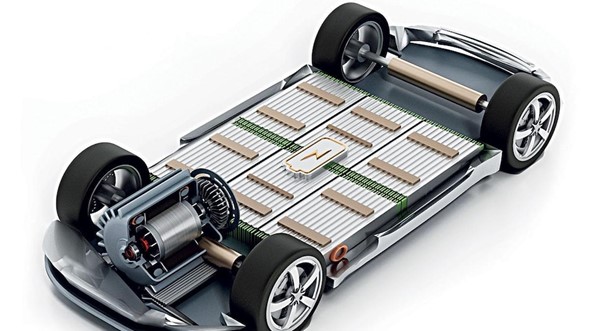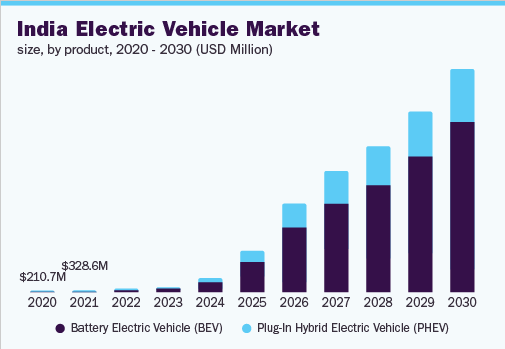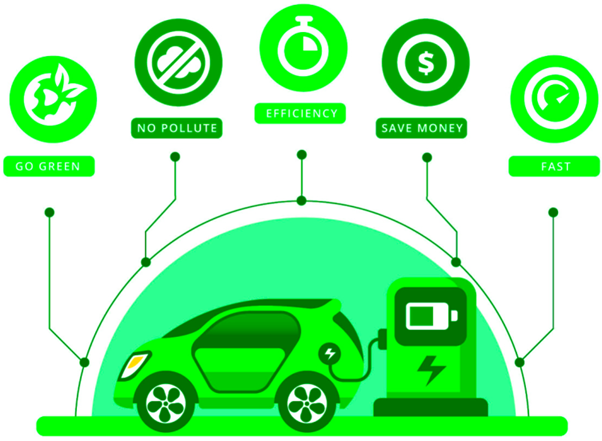Introduction
The rise of electric cars has started a revolution in the car industry. More and more people are switching from traditional gasoline-powered cars to electric vehicles (EVs). This article explains why electric cars are becoming popular, focusing on the benefits for the environment and your wallet.
1. Good for the Environment
Electric cars are better for the environment compared to gasoline cars in several ways:
- Less Pollution: Electric cars don’t produce any tailpipe emissions, which means they don’t release harmful gases that contribute to climate change and air pollution.
- Cleaner Air: Since EVs don’t emit pollutants like nitrogen oxides and particulate matter, they help improve the quality of the air we breathe, especially in cities.
- Renewable Energy: Electric cars can be charged using renewable energy sources like solar and wind power, reducing our dependence on fossil fuels and supporting clean energy solutions.
Recommended Reading: Building the Future: 3D Printing in Construction
2. Money-Saving Benefits
Electric cars can also save you money in different ways:
- Lower Fuel Costs: Charging an electric car is generally cheaper than filling up a gasoline car. Electricity prices are more stable than gasoline prices, which means you can save money on fuel in the long run.
- Maintenance Savings: Electric vehicles have fewer moving parts than traditional cars, which means there are fewer things that can break or need regular maintenance. This can lead to lower repair costs and savings over time.
- Government Incentives: Many governments offer incentives like tax credits, rebates, and grants to encourage people to buy electric cars. These incentives can make electric vehicles more affordable for buyers.
3. Technological Improvements
The technology behind electric cars is constantly improving, making them even more convenient and efficient:

- Better Batteries: The development of advanced batteries has significantly improved the range and performance of electric cars. You can now drive longer distances on a single charge, addressing concerns about limited driving range.
- Charging Infrastructure: Charging networks and fast-charging stations are becoming more widespread, making it easier to find a place to charge your electric car. This helps eliminate worries about running out of power during your journey.
- Supporting Clean Energy: Electric cars can help support renewable energy. They can be charged using electricity generated from solar panels or wind turbines, reducing our reliance on fossil fuels.
4. Looking Ahead and Challenges
The electric car market is growing rapidly, but there are still challenges to overcome:

- More Choices: As the market grows, there will be more options for electric cars, making them accessible to a wider range of consumers. This will increase competition and drive down prices.
- Better Batteries: Ongoing research aims to improve battery technology, making electric car batteries more efficient, longer-lasting, and faster to charge.
- Raising Awareness: Educating people about the benefits of electric cars and addressing concerns like range anxiety will be important to encourage wider adoption.
- Charging Infrastructure Expansion: Governments and private companies are investing in expanding the charging infrastructure, ensuring that more charging stations are available in public places and along highways.
- Now, electric cars can go the distance, with the Tesla Model S boasting an impressive 394-mile range (634 kilometres).
5. Contribution to Renewable Energy Growth
- Increased Electricity Demand: The adoption of electric vehicles (EVs) has led to a surge in the demand for electricity, primarily for charging these cars.
- Reduced Fossil Fuel Dependency: Utilizing clean energy sources, such as solar and wind, for charging EVs contributes to a substantial reduction in our reliance on fossil fuels.
- Renewable Energy Infrastructure: To meet this growing demand sustainably, there’s a notable push for the development and expansion of renewable energy infrastructure, particularly in the form of solar and wind power.
- Decreased Greenhouse Gas Emissions: As a result, the transportation sector can significantly decrease greenhouse gas emissions, further mitigating the effects of climate change.
Conclusion
The electric car revolution is driven by the desire to protect the environment and save money. As technology advances, electric cars are becoming more accessible, efficient, and convenient. By switching to electric vehicles, we can contribute to a cleaner future, reduce air pollution, and enjoy long-term financial savings. Embracing the electric car revolution is a step towards a greener and more sustainable transportation system for everyone.
Recommended Reading: Why Apple Switched to USB-C Cables






